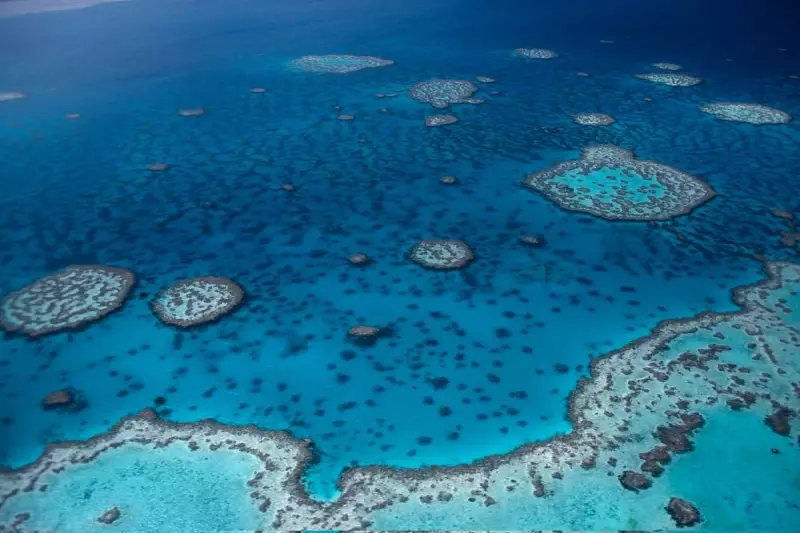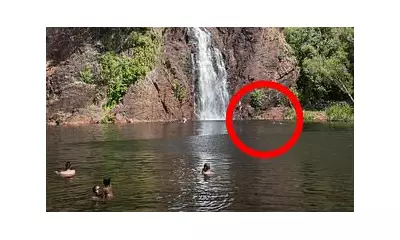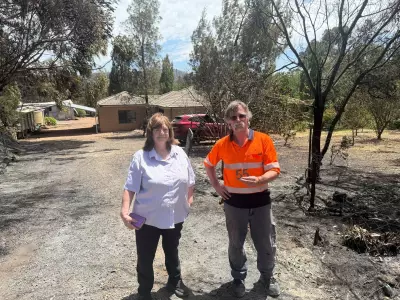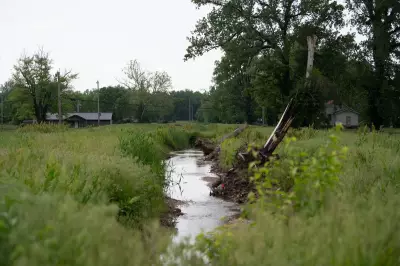
A groundbreaking report from WWF has uncovered a devastating environmental crisis that's been unfolding largely unnoticed. Our planet has lost a staggering 20% of its vital river and lake ecosystems since the turn of the millennium.
The Shocking Scale of Loss
The comprehensive study, conducted in partnership with the University of Exeter, reveals that nearly one-fifth of the world's freshwater areas have disappeared since 1999. This represents an ecological catastrophe happening in plain sight, with migratory fish populations collapsing by 76% and larger species experiencing even more dramatic declines of up to 94%.
Global Hotspots of Destruction
The research identifies several critical regions bearing the brunt of this devastation:
- The Amazon Basin: Home to 16% of the world's river water, now facing unprecedented threats
- West Papua, Indonesia: Experiencing severe degradation of freshwater habitats
- Europe: Recording the lowest biodiversity levels globally
Human Impact and Climate Consequences
According to WWF's Alison Cross, the situation represents a 'silent crisis' affecting both nature and human populations. The destruction of these freshwater ecosystems not only threatens wildlife but also undermines our ability to combat climate change and maintain essential water supplies.
A Call to Action
The report comes at a critical moment, with world leaders preparing for the UN's COP16 biodiversity conference. Researchers are urging immediate action to protect remaining freshwater habitats and implement sustainable water management practices before these vital ecosystems reach a point of no return.





